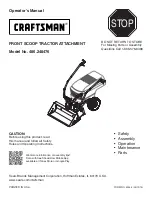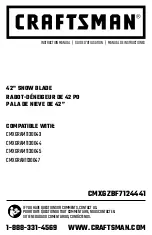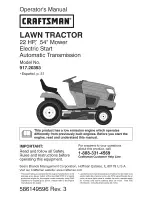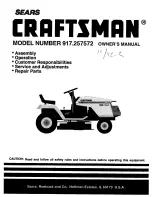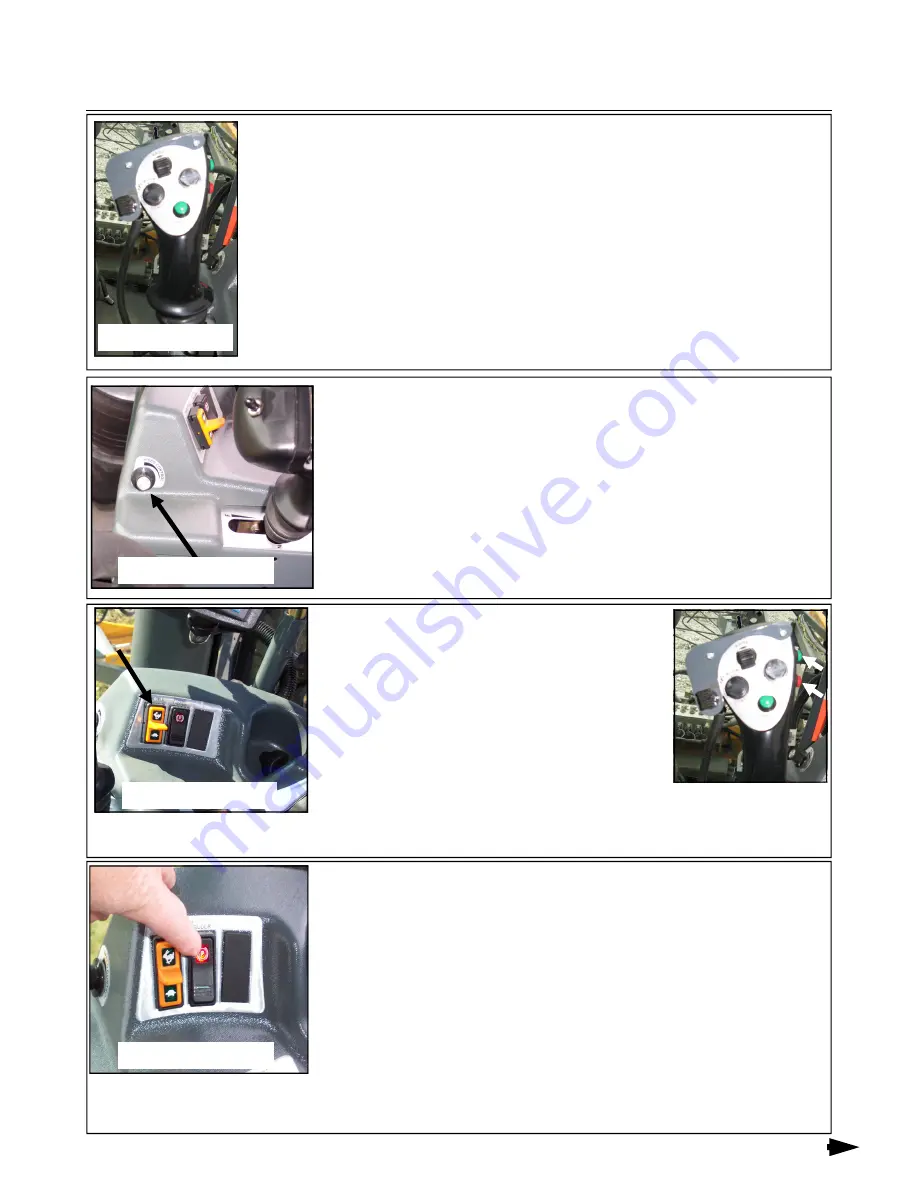
IV.
OPERATING SYSTEMS
25
OPERATING SYSTEMS
HYDROSTATIC LEVER–
The hydrostatic lever
is used to control the direction
of motion of the machine and the speed at which it travels. It is a part of the ACE hydro-
static drive system or the Automatically Controlled Engine Hydrostatic Drive. To learn
more about the ACE system, refer to the OPERATING SYSTEMS section B on the hy-
drostatic drive system.
The lever also houses controls for the spray systems and foam marking systems.
For information on these controls, refer to OPERATING SYSTEMS section D on the
spray system.
SPEED CONTROL-
Another feature of the hydrostatic drive system is
the speed control. This feature will help regain consistent field speeds when
re-entering a field from the end rows.
The speed control will maintain its setting until you reset it. It does not
have to be reset each time you turn off the machine.
For information on how to use the speed control feature, refer to OPER-
ATING SYSTEMS section B on the hydrostatic drive system.
FIG. 25-2
THROTTLE SWITCH-
The throttle switch (fig.
25-3) is used to control engine RPM .There are 2 set-
tings that are controlled by the switch, high and low,
with a RPM range of 800 to 2500.
The buttons on the side of the hydrostatic lever
(fig. 25-4) are to control the speed ranges within the
RPM setting. For more information on the throttle
controls, refer to OPERATING SYSTEMS section B on the hydrostatic drive system.
FIG. 25-3
PARKING BRAKE-
The parking brake switch is located next to the
throttle switch on the side console. The switch also controls the ladder. The
brake switch must be on to lower the ladder and to run the side fill or pres-
sure washer (if equipped).
The parking brake is not intended for normal or emergency stopping and
will not engage if machine is moving over 1 mile per hour. Activating the
brake while the machine is still moving is hazardous to the operator and the
sprayer. Bring the sprayer to a complete stop with the hydrostatic lever in the neutral position before applying
the parking brake.
FIG. 25-5
FIG. 25-1
FIG. 25-4
































